iPhone vs. Android: Which is better for you?
iPhone vs. Android is the smartphone debate for the ages
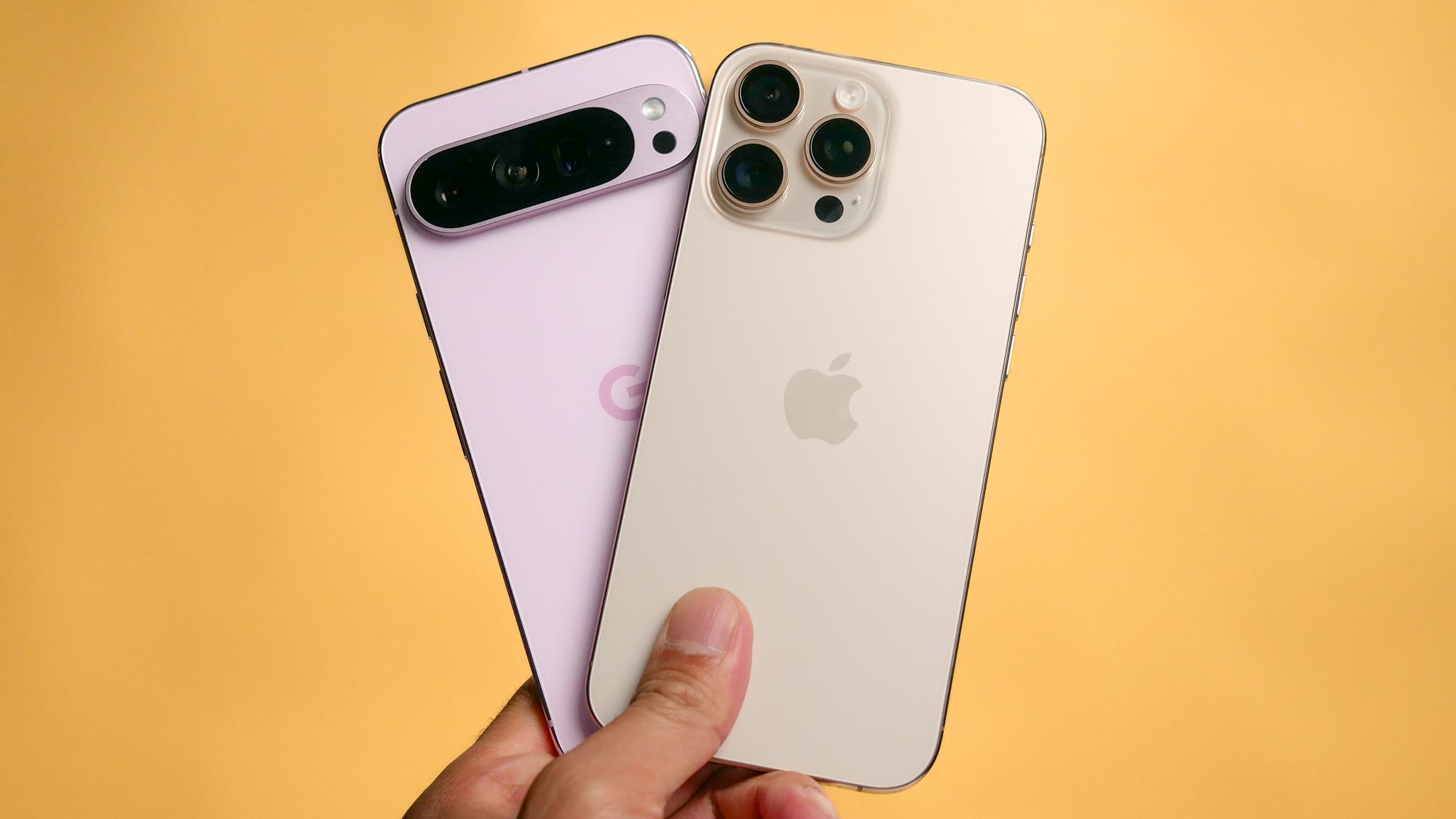
The iPhone vs Android debate is the real battle of the titans, at least when it comes to smartphones. So which is the true champ when it comes to mobile platforms?
We have some insight on that question. We test a lot of phones, iPhones and Android devices alike, so we have a good sense of where the different phones shine and falter. From 200-photo face-offs to test the cameras to battery testing to see how long each phone lasts, we have unique insight into which are the best phones — and what software platform they belong to.
As a result, we’ve gathered all the information at our disposal to compare iPhones with Android devices. Given the wide variety of Android devices, we’ll focus our comparisons here on the best Android phones, including flagships from Samsung and Google.
So let’s consider the iPhone vs Android differences, both the positives and the negatives, to see which is best for you.
iPhone vs Android: How does the hardware and design choice compare?
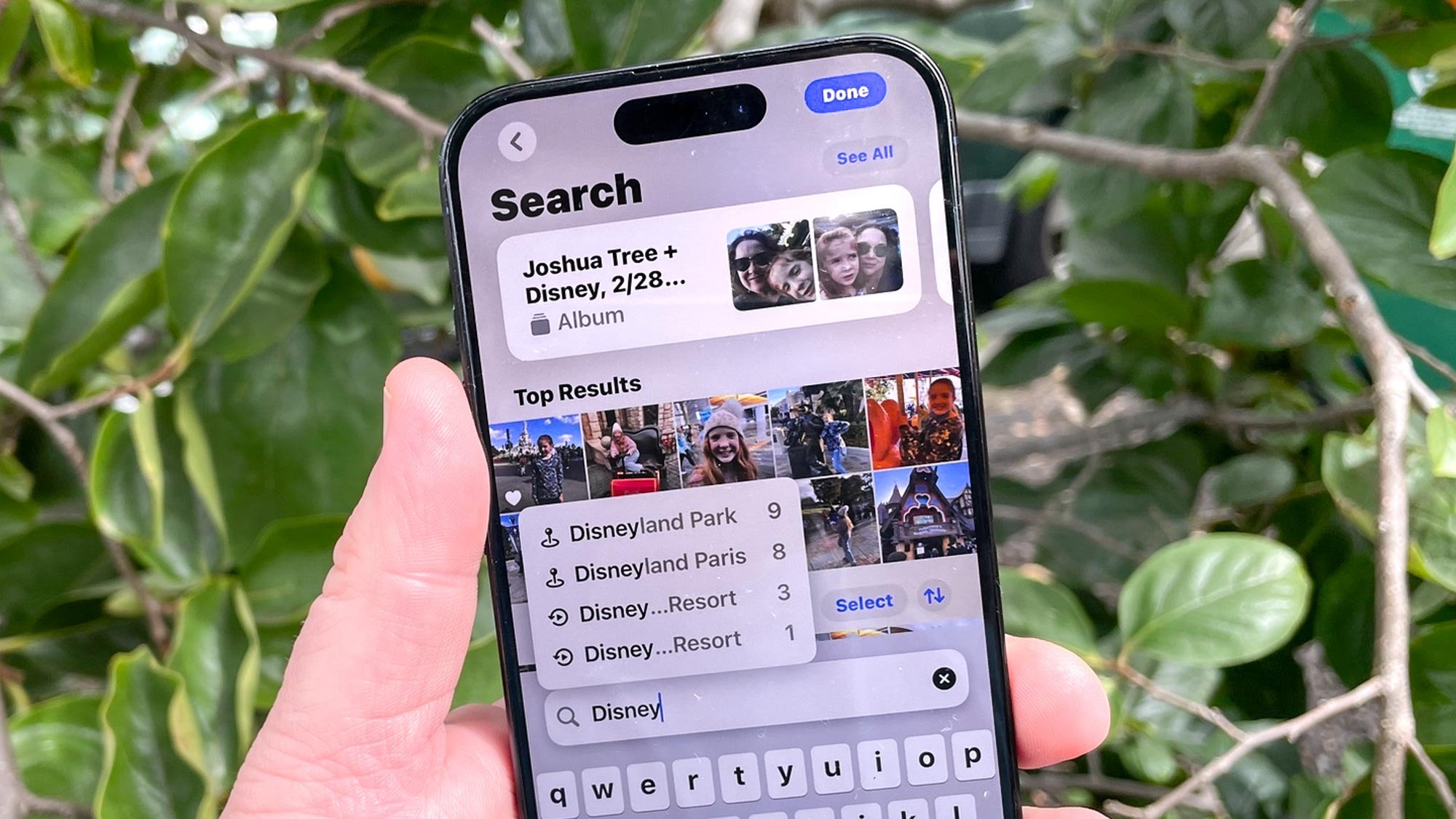
When it comes to hardware, there isn’t that much difference between the best iPhones and the best Android phones. Depending on the price, you’re going to get some fantastic cameras, a gorgeous screen and more, especially if you home in on the top flagships. That said, Android offers a lot more options when it comes to design and price.
As a rule, Android devices tend to have more memory than the iPhone. Apple never discloses just how much RAM it includes on iPhones, but iPhone 16 teardowns reveal that it’s 8GB across all four models. Meanwhile, Android devices can range from 8GB to 32GB at varying prices. While the average user is never going to need 32GB, gamers will love it as it allows their phones to play some of the best games seamlessly.
I should also note that fixing an iPhone tends to be a lot simpler, mainly because Apple will only allow official parts. Apple has also been working to make it possible to fix the iPhone 16 in the comfort of your own home. Android devices are fixable, and getting parts can be much easier (and cheaper), but the quality variance can trip you up if you’re not careful.
Get instant access to breaking news, the hottest reviews, great deals and helpful tips.
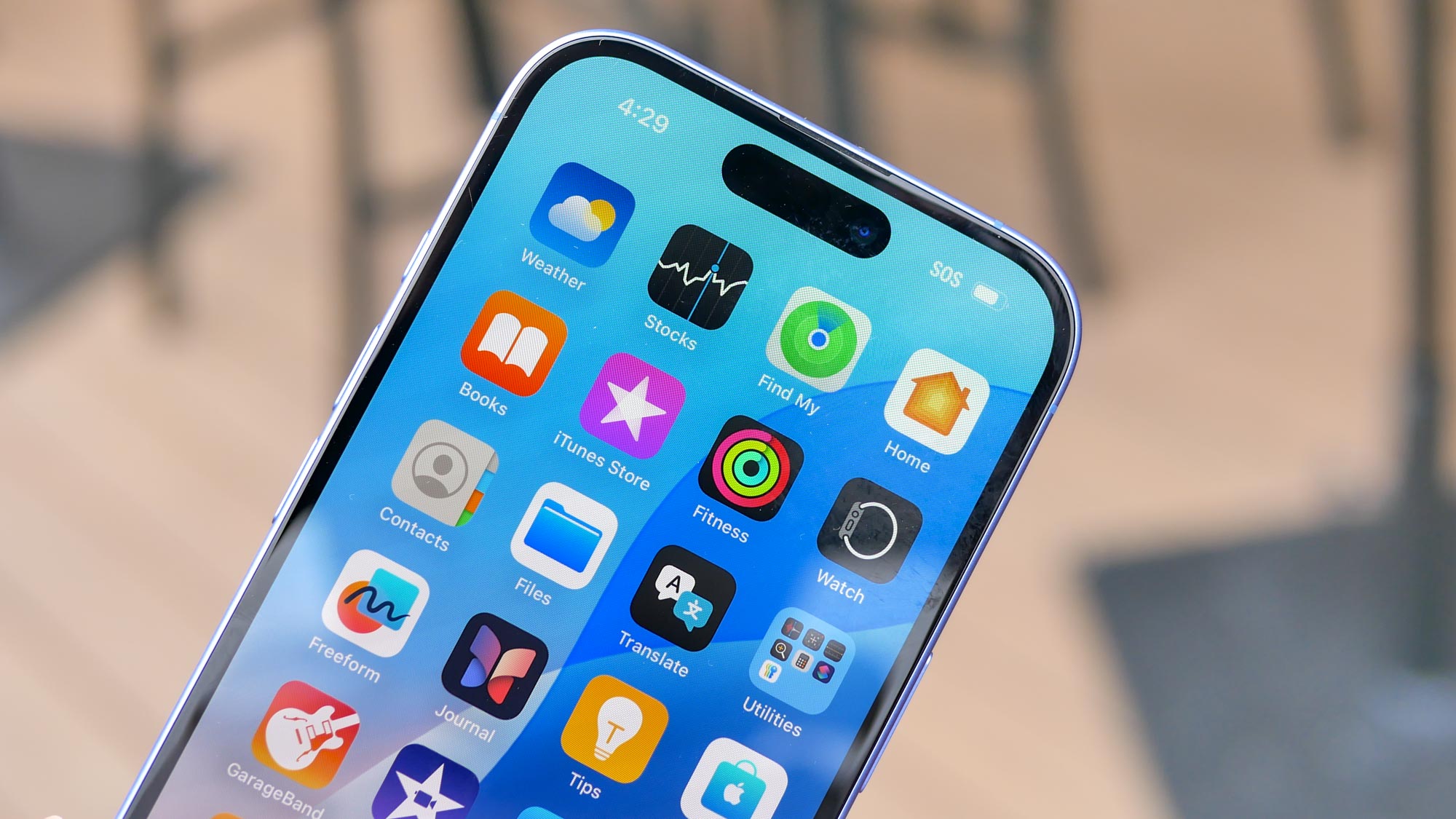
iPhone vs Android: How does the software compare and what are the differences?
What sets the iPhones apart?
Because Apple controls both the software and hardware for its phones, it’s able to add features in iOS that work across its devices — not just iPhones, but Macs, Apple Watches and iPads as well. Essentially, all of your Apple devices can work together and share data: You can save a project on your phone and then easily move it over to your Mac or iPad. This interconnectivity has only been improved with iOS 18, especially as users can easily put their phone home screen on their Mac’s screen, and can drag and drop files and check their messages.
Apple also benefits from a lack of bloatware on its phones. Yes, there are built-in apps, but very little of the preloaded cruft that you’ll find on some Android phones. iOS also tends to be more secure, though its popularity has made it a more enticing target in recent years for hackers and bad actors.
That said, there are some downsides to iOS. iPhone apps tend to cost more than their Android counterparts, with many of the best iPhone games locked behind the Apple Arcade paywall. Apple also tends to lock apps out of certain features like NFC, making them much less effective. Finally, there’s no real option on where you get apps, at least in the U.S., where you’re limited to Apple’s own App Store. In Europe, you’ve got a bit more flexibility thanks to regulatory intervention.
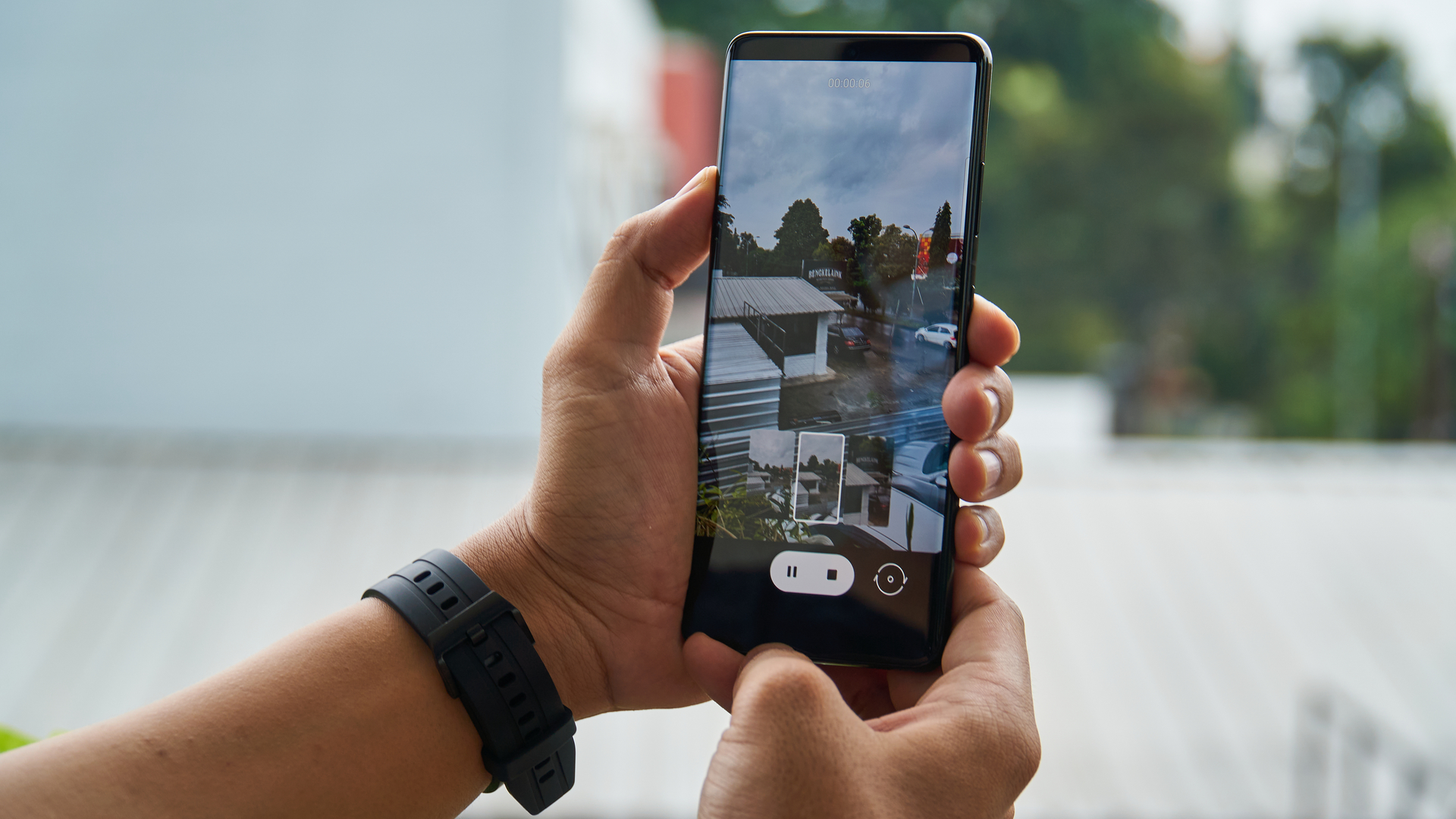
Where Android stands out
One of Android’s strongest suits is its flexibility, which stems from the number of devices that run on the software. Each one has its own Android skin, so you can expect a somewhat unique experience based on which phone you buy.In addition, you can choose from a number third-party options that change the user experience. For instance, I was able to download a Persona 5 style for my messages app, something I couldn’t do on the iPhone.
There’s also an argument that Android devices often see more innovation than Apple devices, partially because of how open the Android source code is. This allows developers more freedom to really experiment. While Google has its own app store with the Play Store, you’re not limited to finding apps there. As a result, it is much easier to find things like emulators on Android devices compared to the limited options on iPhone.
Android also offers a lot of interconnectivity with Google’s software services, including Photos and Google Drive. While the experience might not be quite as seamless as what Apple offers, it works with a much wider array of devices including some of the best laptops and best PCs.
That isn’t to say there aren’t any downsides to Android. I don’t think anyone would disagree that Android devices tend to suffer a security issue, as it is much easier for malicious hackers to break into the devices. As such, we would always recommend users invest in some of the best Android antivirus apps. Android devices also have an erratic update release schedule, with some devices not getting updates until later than others. That’s in contrast to iPhones, where iOS updates are available to all phones at once.
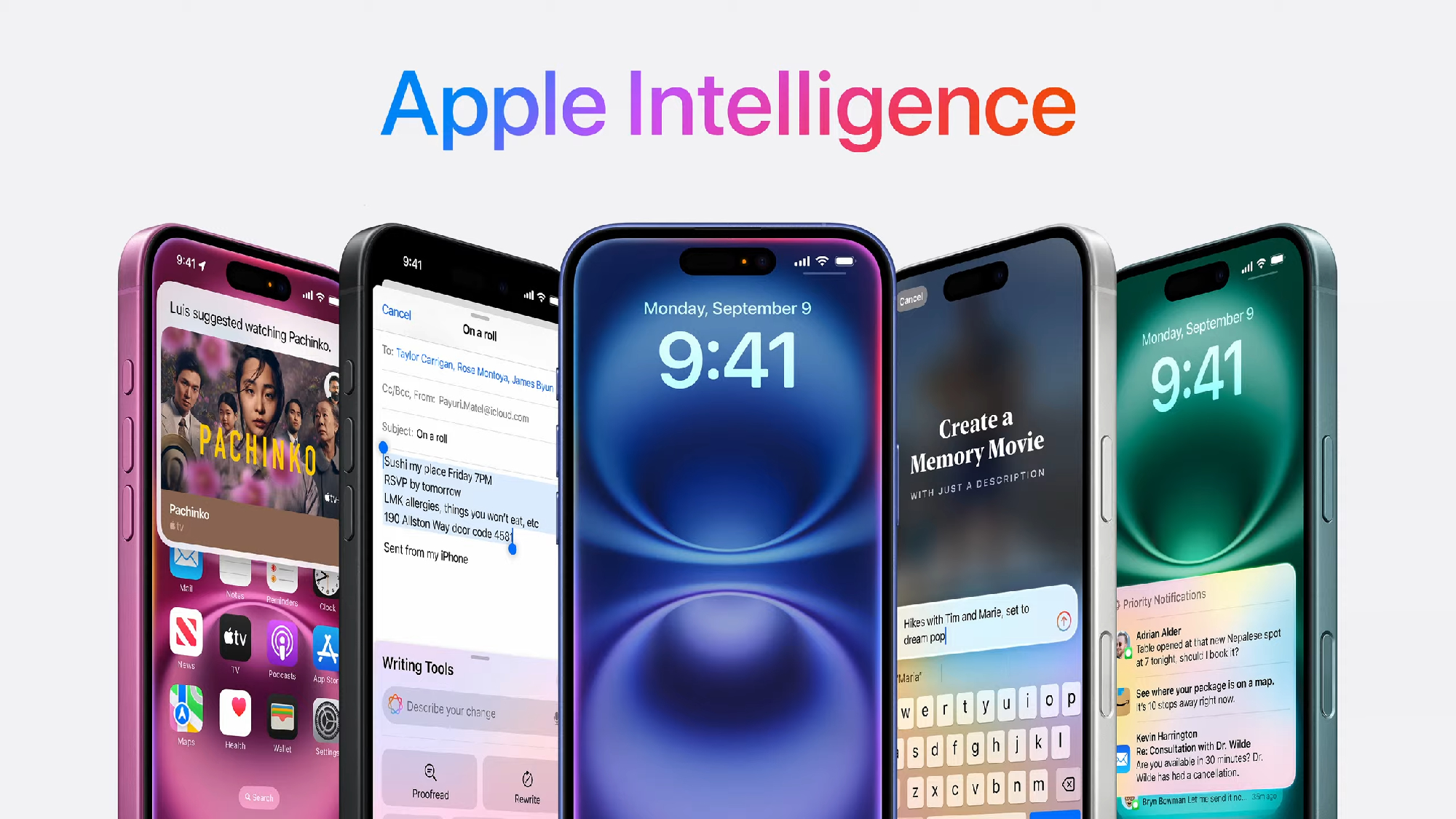
Which has better AI features; iPhone or Android?
These days, artificial intelligence is all the rage, with both the iPhone and Android doing their part to add those capabilities to their respective platforms. Apple is behind here, having only launched Apple Intelligence in the fall and rolling out more additions to its suite of AI tools with subsequent iOS updates. In contrast, Android phones have had these features for a while, with Google Pixel devices in particular setting the standard for on-board AI.
How does the iPhone stand out?
While it’s relatively new, Apple Intelligence has made a strong debut, adding writing tools, photo-editing features and a revamped Siri assistant to the iPhone. That said, there’s nothing in Apple Intelligence thus far that hasn’t been offered on Android phones. Also, Apple Intelligence is limited to the recent iPhone 16 models plus the iPhone 15 Pro and iPhone 15 Pro Max.
On the bright side, a lot of Apple Intelligence features run entirely on the iPhone, ensuring both privacy and speedy performance. The features that require the cloud are handled by private, secure servers.
How Does Android Stand Out
Android devices enjoy an advantage on the AI front, given their head start over the iPhone. More devices have access to AI, with each top phone maker offering their own take on AI, whether that’s Galaxy AI on Samsung devices or the suite of AI tools available to Google Pixel users.
But those AI experiences can vary widely from Android phone to Android phone. While Google features are fairly polished, the same can’t be said of devices like the Motorola Edge 50 Pro. And given the irregular update schedule for Android devices, new AI features won’t appear with the regularity you’ll get with an iPhone.
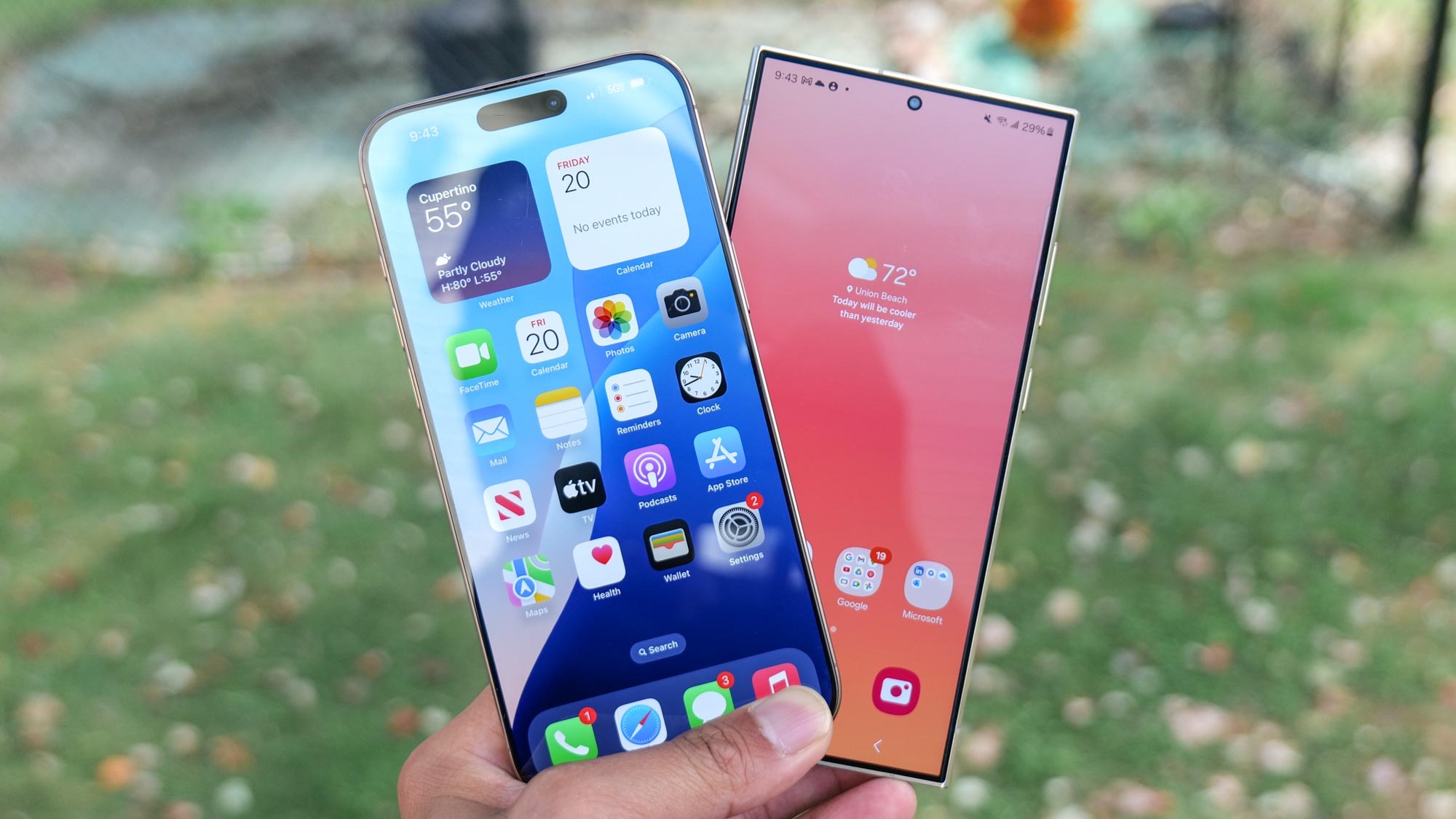
How do iPhone and Android chipsets and performance stack up?
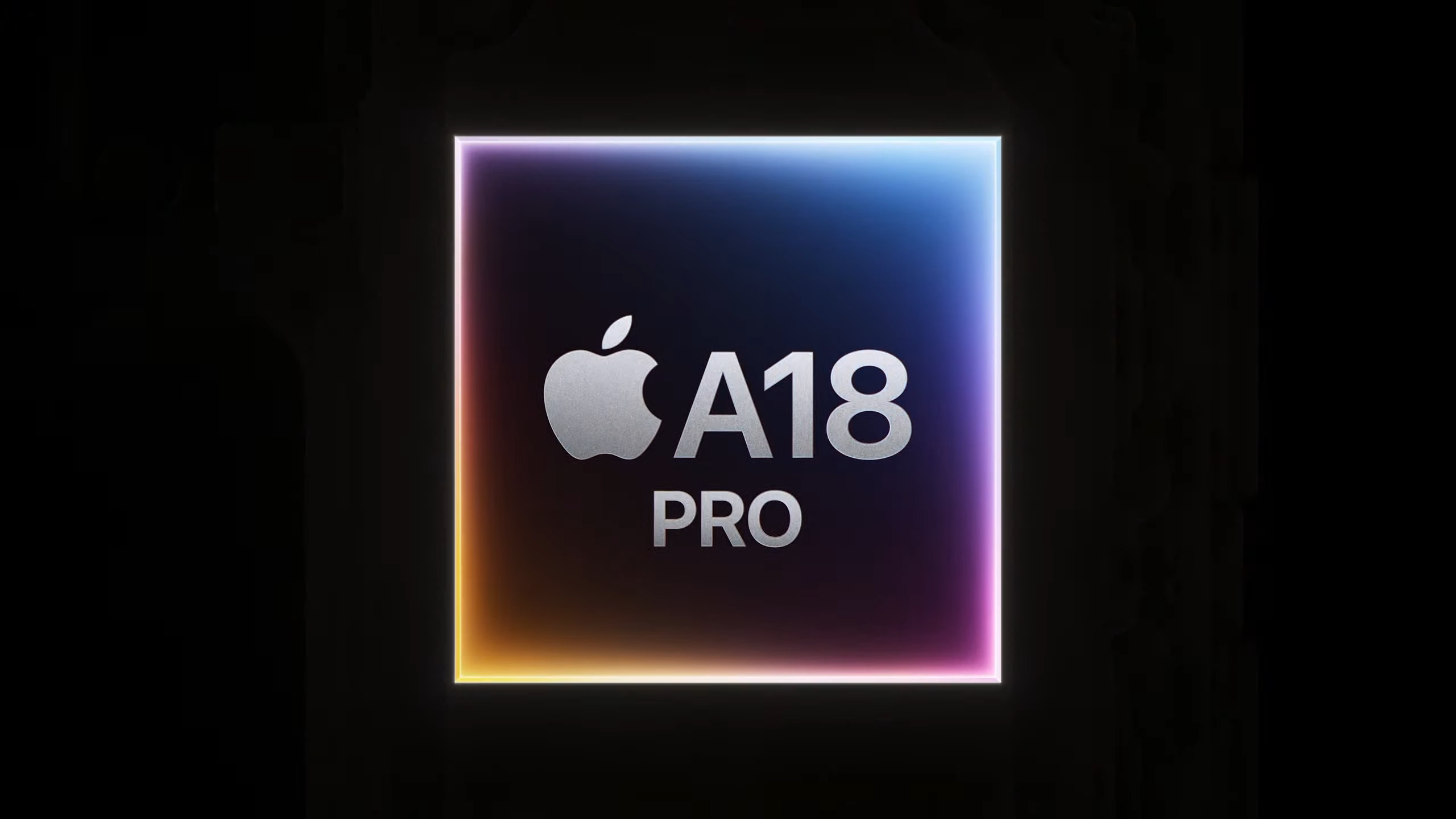
Because of the wider variety of Android phones, you’ll get a wide variance in the silicon powering those devices. Budget and midrange models run on less robust chips on the Android side, while the lowest-priced iPhone — the iPhone SE — tends to adopt the chipset of the iPhone flagship released the previous fall. The upcoming iPhone SE 4, for example, is likely to run on the same A18 system-on-chip powering the iPhone 16.
So when comparing chipsets, it’s best to restrict ourselves to the high-end devices. The current iPhones use either an A18 or A18 Pro system-on-chip that Apple designs. Most Android flagships tend to use Qualcomm’s Snapdragon silicon, with the Snapdragon 8 Gen 3 powering current high-end phones. The Snapdragon 8 Elite is the successor to that chip, and it’s likely to appear in many top Android phones in 2025. Like Apple, Google develops its own chips, with the Tensor G4 powering the new Pixel 9 models.
Benchmark testing can illustrate the differences in how these different chips perform. For example, the Geekbench test compares the CPUs of different chipsets, with single and multicore results revealing how the different cores of a CPU perform.
| Row 0 - Cell 0 | Geekbench single-core score | Geekbench multi-core score |
iPhone 16 (A18) | 3,301 | 8,033 |
iPhone 16 Pro Max (A18 Pro) | 3,386 | 8,306 |
Galaxy S24 Ultra (Snapdragon 8 Gen 3) | 2,300 | 7,294 |
Asus ROG Phone 8 Pro (Snapdragon 8 Gen 3) | 1,339 | 6,543 |
Pixel 9 Pro (Tensor G4) | 1,948 | 4,794 |
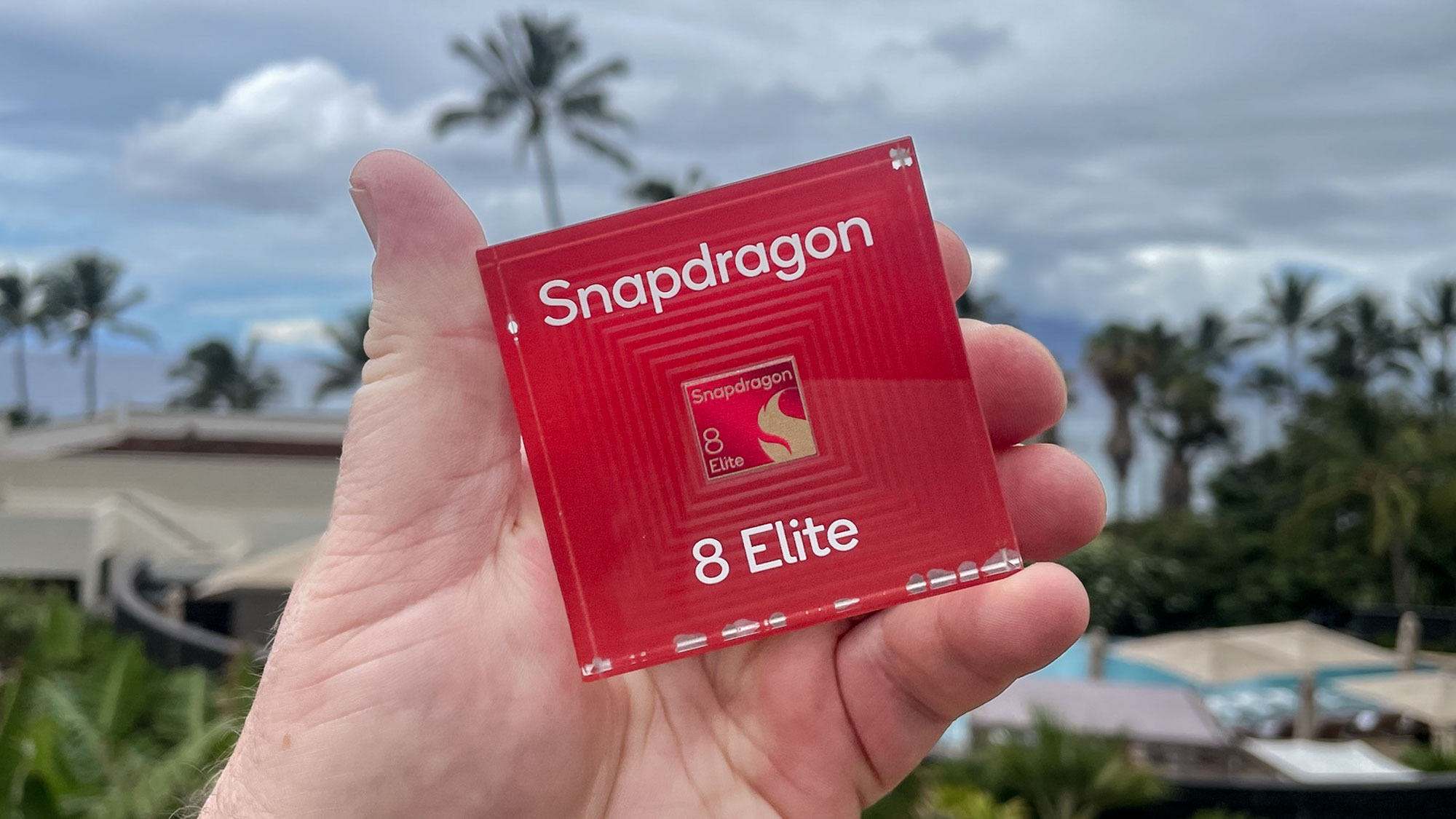
For years, Apple had a big performance edge over Android devices, with iPhones typically posting much better Geekbench scores. Recent Qualcomm chips have leveled the playing field, though, particularly when it comes to the multicore results. The new Snapdragon 8 Elite figures to leapfrog Apple’s A18 silicon once more phones start appearing that use the new Qualcomm chip.
On the graphics front, Android phones enjoy a sizable advantage, with recent Snapdragon chips pumping out more frames per second in tests like the 3DMark Wild Life Unlimited benchmark. Throw in fast-refreshing displays on most Android flagships, and you’d conclude that Android devices tend to be better for gaming than their iPhone counterparts.
The iPhone continues to enjoy a big lead in our real-world test in which we transcode video using Adobe Premiere Rush. The iPhone 16 Pro Max completes that task in 21 seconds, roughly half the time it takes the Galaxy S24 Ultra.
You’ll notice that Google’s Tensor chip lags behind both the latest Apple A Series silicon and Qualcomm’s Snapdragon chipsets. Tensor places its emphasis on powering AI features through its neural engine rather than raw performance.
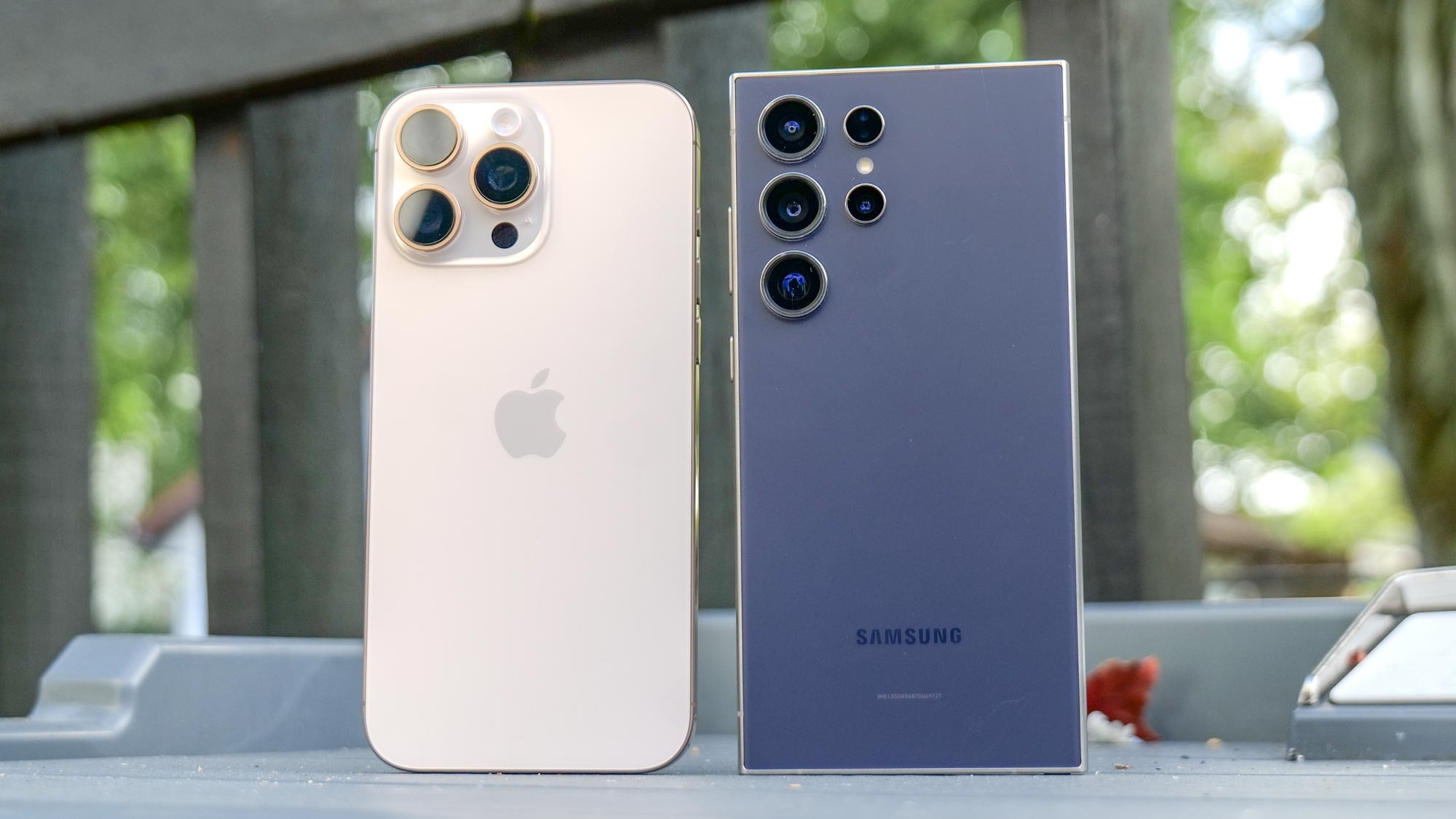
iPhone vs Android: Which one should you actually buy?
There’s an argument to be made that variety and differences in smartphones have disappeared over time. Most phones now look pretty much identical, with the days of distinct designs long since passed. As a result, the best platform for your needs reflects what you value in a phone.
People who want a secure device with frequent software updates and a wide array of apps will likely gravitate toward the iPhone, particularly if they have other Apple devices. While Apple’s high prices might be a bit of a turn-off for some, others will appreciate the performance and reliability that Apple’s smartphones provide.
While Android might be lacking in consistent updates, it still has a lot to offer users in terms of variety, current AI features and more. And if you don’t want to pay flagship prices, there are plenty of midrange and budget options that deliver a perfectly fine Android experience.

Josh is a staff writer for Tom's Guide and is based in the UK. He has worked for several publications but now works primarily on mobile phones. Outside of phones, he has a passion for video games, novels, and Warhammer.
- John VelascoSenior Channel Editor for Phones
You must confirm your public display name before commenting
Please logout and then login again, you will then be prompted to enter your display name.
 Club Benefits
Club Benefits





